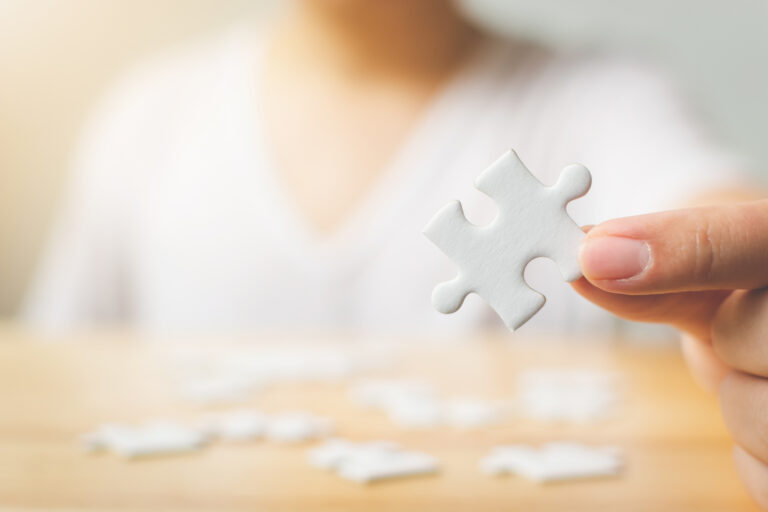The amount of water you should drink daily varies depending on factors like your sex, activity level, environment, and overall health, but authoritative guidelines generally recommend about **2.7 liters (about 11.5 cups) for women** and **3.7 liters (about 15.5 cups) for men** from all fluids, including water, other beverages, and food moisture[2][4]. This intake supports essential bodily functions such as metabolism, temperature regulation, and nutrient transport[3].
The commonly cited “eight cups a day” rule is a simple guideline but may not be sufficient for everyone, especially those who are physically active, live in hot or humid climates, or at high altitudes, where fluid loss is greater and needs increase[2]. About 20% of daily fluid intake typically comes from food, with the rest from drinks[2].
Recent research highlights that drinking less than recommended amounts—specifically less than 1.5 liters (about 6 cups) daily—can lead to elevated cortisol levels, the body’s primary stress hormone, which is linked to increased risks of heart disease, diabetes, and depression[1][5]. A study from Liverpool John Moores University found that individuals drinking below this threshold had over 50% higher cortisol responses to stress compared to those meeting or exceeding daily recommendations[1]. This suggests that adequate hydration not only supports physical health but may also help modulate stress and anxiety responses[6].
Moreover, a balanced intake of fluids including plain water, coffee, and tea (in a ratio of roughly 2 parts water to 3 parts coffee/tea) has been associated with longevity and reduced risk of death from major diseases, emphasizing that the quality and variety of fluids consumed matter alongside quantity[3]. However, factors such as how coffee and tea are prepared and what additives are included can influence these health outcomes[3].
To maintain proper hydration:
– Drink fluids consistently throughout the day rather than large amounts at once.
– Adjust intake based on activity level, climate, and personal health conditions.
– Prefer water and low-calorie beverages over sugary drinks to avoid excess calorie intake[2].
– Monitor signs of hydration such as urine color (pale yellow is ideal) and thirst cues.
In summary, aiming for around 2.7 liters for women and 3.7 liters for men daily from all sources is a solid baseline, but individual needs can vary. Staying well-hydrated supports not only physical health but also mental well-being by helping regulate stress hormones[1][6].
—
**Sources:**
[1] ScienceDaily, “How dehydration secretly fuels anxiety and health problems,” 2025
[2] Limber Health, “How Hydration Impacts Your Health, Performance, and Recovery”
[3] Medical News Today, “Daily combo of water, coffee, and tea linked to longevity”
[4] Dr.Oracle, “What is the recommended daily water intake?”
[5] News-Medical.net, “Drinking less water daily spikes your stress hormone”
[6] Women’s Health Magazine, “Drinking More Water Could Help Ease Anxiety, Study Shows”





